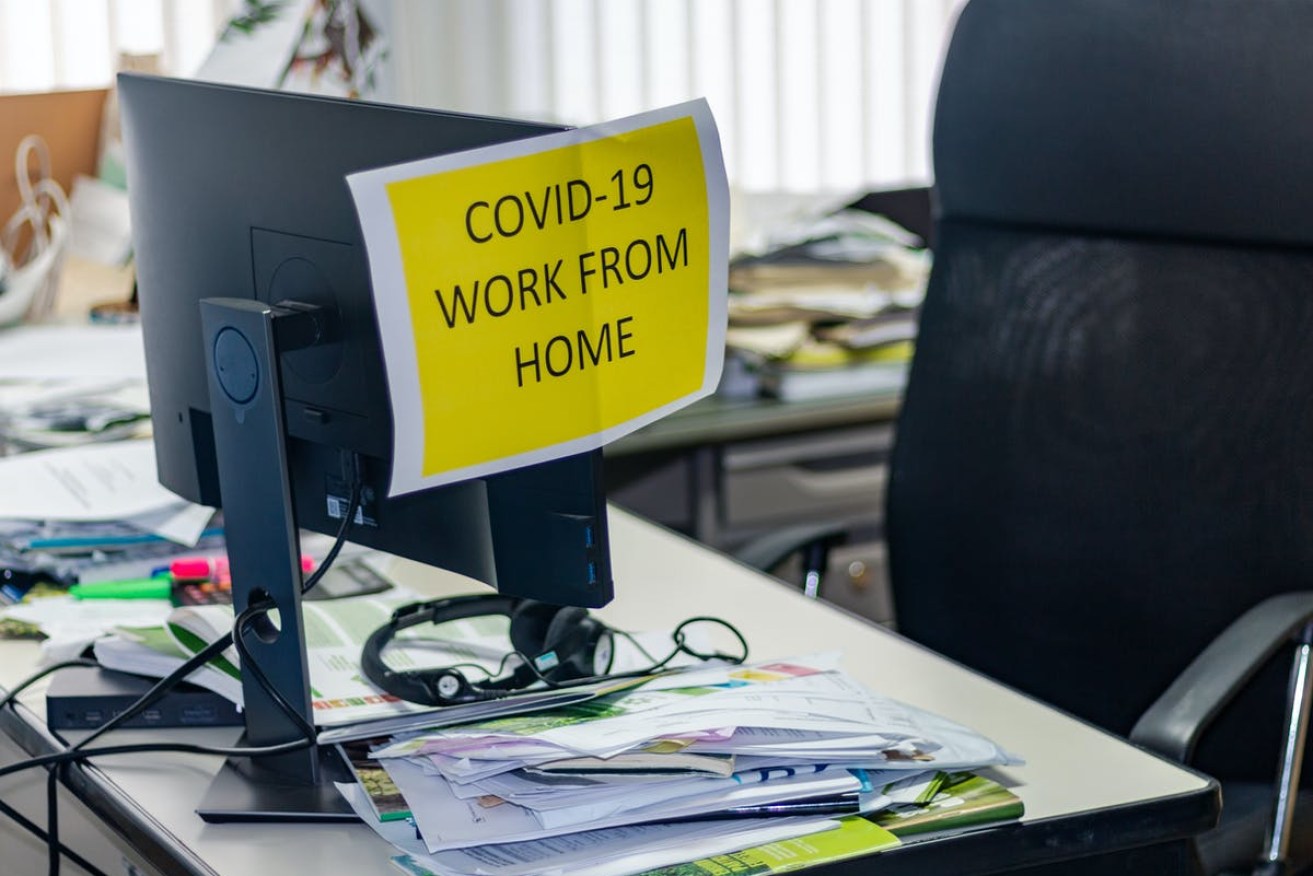Home and hosed – up to half of our workforce will resist going back to the office
Employers may find getting people back to the office harder than they thought after a survey found 50 per cent wanted it to remain or be extended.


The CBD occupancy remains slow to recover (Photo: The Conversation)
The Australian Bureau of Statistics survey on the impacts of the pandemic found only 9 per cent would prefer to not work from home and 26 per cent had jobs that could not be done at home.
Employed women were more likely to want an increase in the amount of time they worked from home.
The support for the home office is likely to have a profound impact on CBDs, office development and planning. Workers have also shown a preference to move to outer suburbs or regional areas if they can work from home.
The Chamber of Commerce and Industry Queensland said many businesses and employers continued to field requests from employees who would like to continue working from home.
CCIQ said there were a range of feelings from employers on how they would like their business to function into the future.
“For many, there are proven benefits for their employees to continue working from home, having seen positive outcomes during COVID,” a spokesperson said.
“We are seeing an increasing number of businesses adapting to a hybrid model where there is some working from home combined with time in the office.
“We have heard from some businesses, that have re-structured their workforce to facilitate that, including reducing their physical office space.
“For others, there has been a preference to have their workforce return to their pre-covid conditions, with employees back at their normal place of work.
“There are instances, where employees are negotiating new terms in their employment contracts to facilitate working from home, but it is true that it doesn’t work for every employer and every business. The key is for employers and employees to work together to negotiate mutually agreeable terms.”
The shift is not restricted to Australia. In the US, job ads that included remote work, or work from home have more than doubled in the past year.
Significantly, the survey also found overwhelming support for the vaccine. Although it was undertaken before recent troubles, it found 75 per cent either agreed or strongly agreed that they would get the vaccine shot when it became available and was recommended.
In Queensland, 71 per cent were in favour of the vaccine.
However, there was still some suspicion. The factors that would most affect their decision was whether the vaccine had been in use for some time, whether it was endorsed by the health departments or their doctor.
Only 10 per cent were opposed to getting the vaccine. The main reason was the potential side effects.












